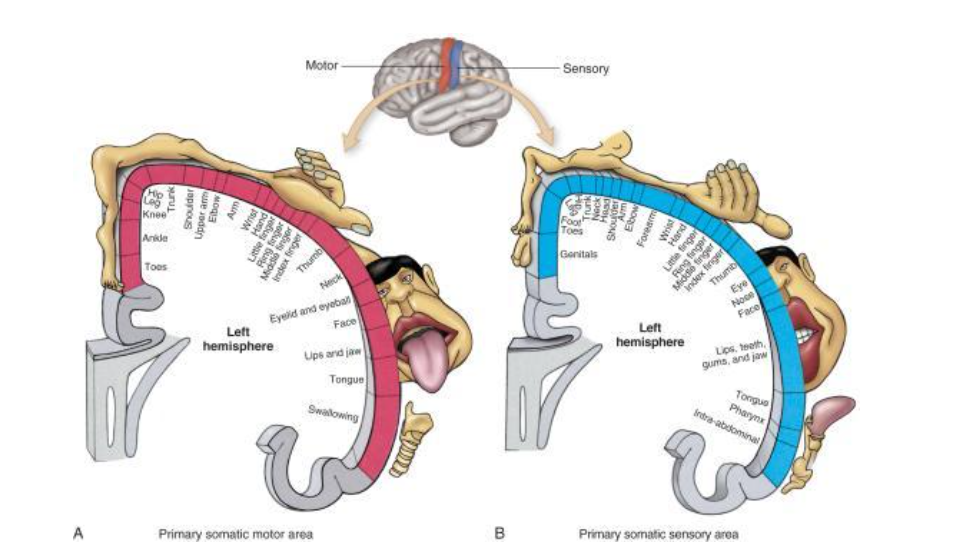The Associated Press Stylebook is the journalist’s bible. It instructs those in the field of journalism on how to write and reference, and what grammar to use and when (among providing guidelines). Recently, the AP Stylebook added a new update, which is sure to please many and ruffle the feathers of others.
According to CBS News, “The latest update embraces the use of “they,” “them,” and “their” as singular or gender-neutral pronouns when referring to individuals who do not identify with being male or female.”
This decision was made in order to recognize and rectify the lack of proper pronouns in AP Style for people, particularly those who identify as gender non-binary. This decision received generally positive feedback on Twitter; though to be fair, the only people who follow @APStylebook live their lives by it and would likely not argue with the Word.
I am a cis female and I have always identified as a female. I was born with female anatomy that matches my perception of my gender. Because of this, I don’t fully understand what it means to be a part of the non-binary community. Non-binary, by the way, is someone who does not identify as exclusively male or female.
To gain a better understanding of the non-binary community, I turned to a former classmate at Conserve School, Mars Jindrich. Jindrich identifies as genderqueer and uses they/their pronouns.
Before speaking with me, Jindrich emphasized that not every non-binary person has the same experience.
“A lot of the time, being non-binary is not something I even think about,” Jindrich said. “I’ve been out as non-binary for four years now, and at first I was so excited to finally have a word for how I felt.”
Jindrich explained that they originally put a lot of effort into sharing their gender. They desired badly to be recognized by their proper terminology.
I think all of us feel that way, but for the binary genders, it’s not something we consciously think about. I have never been misgendered, and quite honestly, I would be offended if I was. It’s uncomfortable to be seen as something you’re not, especially by a stranger. I’ve noticed it’s common for strangers to pass judgements on someone’s gender.
Some of my friends on Facebook, particularly the conservative ones, have a major problem with non-binary genders. I often see posts bashing the idea of genders besides male and female. I recently saw a post with a photo of 40 different gender symbols. The first two (male and female) were circled with the word “genders” written above it. The rest were circled with the words “mental disorders” attached to it.
First of all, don’t write off someone’s identity as a mental disorder, that is their perception of self you’re boiling down to a generally negative connotation. Second of all, why does it matter to you what gender someone identifies as? Does what your neighbor calls themself affect how you eat breakfast? Does the box your classmate checks on their medical forms affect how you take a test? Why does it have any impact on you what someone’s gender is? Why do you think you can pass judgement on someone’s life, especially over your Facebook account?
Social media in general has revolutionized the conversation surrounding gender. Tumblr has become a sort of hot spot for people in the non-binary, as well as the LGBTQ, communities to share their experiences.
One often criticized facet of this social networking site is its seemingly endless lists of gender identities. One ‘Gender Master List’ on the Tumblr blog, Genderfluid Support, contained over 100 different gender terms and descriptions.
“I know a lot of (cis) people don’t like [‘Tumblr Genders’] and say they’re ridiculous […] I don’t think finding words to describe your identity is negative in any way,” Jindrich said. “Exploring who you are, and how to express that is perfectly healthy, and I’m glad that people on Tumblr have created a platform for it.”
Social media is an excellent opportunity to satisfy curiosity and learn from a network of people outside your own bubble. I think it is crucial for people to be able to explore things like gender online. For a lot of people, the internet is their only way of because of our own personal prejudices?
I applaud AP Style’s update for opening up the discussion on non-binary genders, as well as giving us the proper terms with which to discuss it. This update is a step in the right direction and will hopefully be a catalyst in creating more acceptance and recognition in the world regarding non-binary matters.
“It is nice for a grammatical book to recognize that yes, grammatically speaking I am referring to myself ‘correctly,’” Jindrich said. “[But you] shouldn’t need a rulebook to respect somebody.”
Colorado Mesa University Gay Straight Alliance Assistant Coordinator Shelby Cerise has some reservations about the update. She believes that the update to the stylebook is “a step in the general vicinity of the right direction, but […] is at worst, erasure,” Cerise said.
Cerise said that the constraints that the Associated Press puts on the terminology is trying to remove a problem instead of solving it.
The AP entry says “They/them/their is acceptable in limited cases as a singular and/or gender-neutral pronoun, when alternative wording is overly awkward or clumsy. However, rewording usually is possible and always is preferable.”
Because of these limitations, the update can still be hard to fully embrace.
“Imagine if every person with a gender-neutral name like Jordan or Riley had to be prefaced by an explanation of their gender,” Cerise said. “Writing would be awkward and the reader would be forced to stumble through jargon.”
Cerise makes a good point, the limitations on the entry are still not addressing the problem at its core, but I think it is a good first step.
“What it comes down to is this: assuming gender is something everyone is guilty of, but no one should do,” Cerise said. “Writing in the singular ‘they’ should be an acceptable norm that should not only be allowed when saying someone’s name every time a pronoun should be used or rewriting the sentence to avoid pronouns is impossible.”
Hopefully the Associate Press will have at least sparked change in the way that we address people and use our language to identify. In the meantime, I will celebrate the small success for the non-binary community, with the hope that more good is to come.







